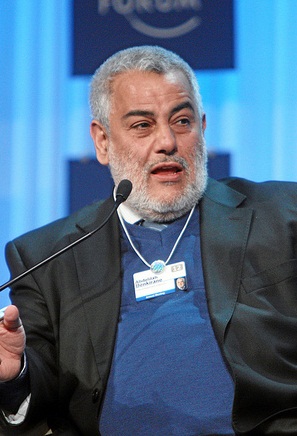A nation must think before it acts.
This week, during my visit to the U.N. General Assembly in New York, a text message from the police lit up my mobile phone — and that of millions of others in the area — warning to look out for Ahmed Rahami, wanted in connection with the terrorist bombings that had just struck New York and New Jersey. A few hours later, with Rahami in custody, the familiar, predictable story emerged: A young, impressionable soul, following a sojourn of radicalization in the East, brought suffering and fear to innocents — and a bad end for himself.
Discussions of the pathology of terrorism have evolved in the 15 years between the Sept. 11 tragedy and Rahami’s own brush with infamy. First, we learned about the role of regime repression and deflection of blame onto a distant “enemy,” and the wages of Western support for so-called “despots.” Then we moved on to deeper, underpinning sociological factors: How the vulnerability of the disenfranchised meets the allure of extremists’ petro-largesse, the outcome reliably tragic. Now, with so much of the region in flames, we focus on how civil war and chaos in war-torn Arab and Muslim lands provide a galvanizing cause, a breeding ground and a training ground for terror.
But these factors are all bound together by something simple yet seldom mentioned: language. The leaders of all extremist groups are destroyers of people and nations, but also builders of a narrative — a seductive tale of darkness and light; an easy, lethal way out of turmoil. And in the Arab world, in which most of the fighting forces of al Qaeda, the Islamic State in Iraq and Syria (ISIS), and the like still originate, the language of hatred and maximalism pervades the political discussion far beyond “extremist” circles: It’s part and parcel of mainstream public life.
For example, after I left New York and went home to Morocco, I encountered this perilous discourse — not in a mosque, not in a basement, but in a general election campaign, with ballots slated for Oct. 7. Since the Arab Spring in 2011, we have had an inclusive constitution in Morocco that transferred control of most ministries to an elected head of government. The Islamist Party of Justice and Development (PJD) won the general elections that year, and they have been spiking the national discussion with chauvinist, bellicose tropes ever since.
Continue reading, “Across Arab world, Jihadist Rhetoric Not Far from Mainstream“




